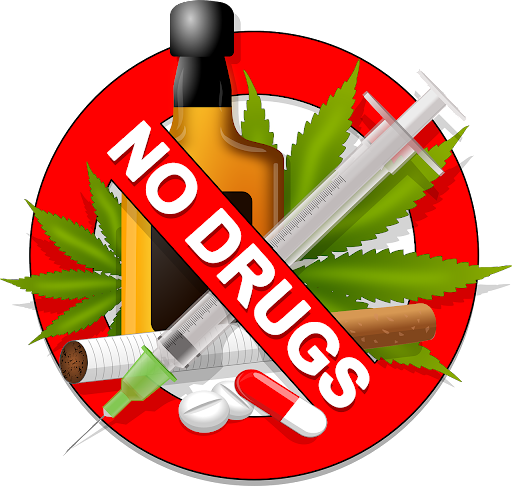The best ways to address addiction issues in the workplace begin with a comprehensive assessment of the current health coverage at your company. If your health insurance plan does not cover treatment, you should invest in one. Additionally, invest in peer-based recovery programs to educate employees on coping mechanisms and recovery skills. These programs can help reduce stigma, so it is important to communicate with employees on a consistent basis about these resources.
Table of Contents
Creating a No-Drugs Work Environment
The first step in assisting an employee is to have an educated and well-informed perspective on alcohol addiction and illegal drug abuse. A workplace drug test can help make management aware of which one of their employees should be kept under watch and may require intervention.
Employers that recognise that drug and alcohol misuse is an addiction and to overcome such addictions, a person needs assistance – are in the greatest position to assist their employees in regaining their health.
Alcohol and drug abuse problems are exacerbated by blame, judgement, stigma, and retaliation, which are more likely to push addiction and alcoholism underground and lead them to become more entrenched before assistance is sought.
Long before a confession or incident brings the issue to light, you should ensure that you are in a position to positively assist workers with substance abuse issues which can be easily ensured with a workplace drug test policy.
Employers should demand written acceptance of their substance policy before employment. They may also retain the right to check any corporate property for alcohol or drugs and force staff to undergo alcohol and drug testing. Check out Indiana drug testing to get an idea of common drug testing practices in the workplace.
By establishing and communicating helpful rules and processes, you demonstrate to workers that you are a reliable source of assistance and support. It also means they are more likely to report the issue sooner, minimising the effect and harm to themselves, others, and your organisation.
The choice to seek assistance remains with the individual. Still, organisations may reduce the risk by educating workers on the signs and symptoms of alcohol and drug abuse in the workplace.

Early Recognition Of The Issue Is Crucial
Addiction does not disappear by itself. It is vital to respond quickly to the issue since early actions are highly effective. It is essential to identify the signs of addiction in employees before it is too late. Remember that in many cases they start to steal and deceive in order to support their addiction, so make sure you know the risks.
You may help them locate resources that can assist them, but it is ultimately their responsibility to recognise that they have a problem and seek the right assistance.
Implementing An Early Intervention
It is essential if you want to assist the employee in recuperating completely. The sooner an intervention takes place, the better your colleague’s health, career, and personal life. If these issues manifest at work, you can be certain that they have already affected the family life of your colleague.
Make sure to show compassion and explain that addiction is an illness, not a character fault or moral failing, and that assistance is available to help them regain control of their life.
You should persuade your employee in a kind and considerate way about the need to undergo rehab treatment. Avoid an accusatory tone and begin by expressing your concern for them. Anticipate encountering rejection and resistance.
Final Words
It is important to encourage an addict to seek assistance in a kind and genuine manner, and it should not sound like an order. Make it evident that you intend to help them at this difficult time and want them to recover, but the current situation cannot continue.



















